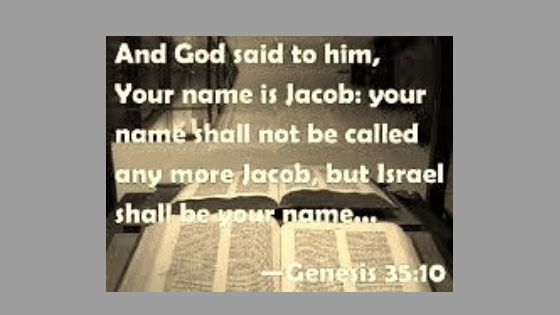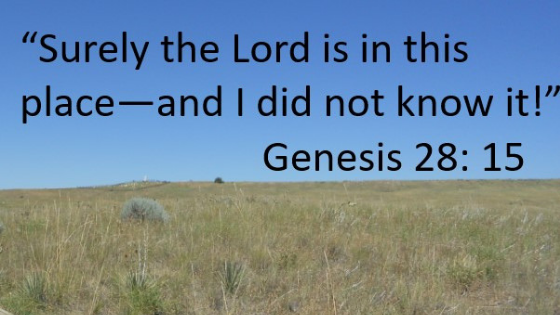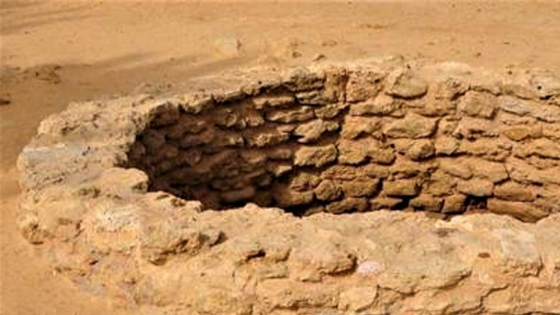
Shabbat Table Talk
Parashat Chayei Sarah – Erev Shabbat 10th November 2017
Week of 5-11 November
Torah portion: Gen 23:1- 25:18 Haftarah: I Kings 1:1-31
Beginning in Parashah Lech L’cha, God promised Abraham a land and the blessing of offspring that would become a great nation (Gen 12:1-3, 17:1-8). As we pick up Abraham’s story in Chayei Sarah, Abraham is in the land, but as a resident alien (Gen 23:3). And while he has fathered many children, Isaac, the intended heir and next-generation patriarch, is unmarried and surrounded only by Canaanite women. The prospect of God’s promises being fully actualized appear challenged. And yet, in Chayei Sarah we read two important and detailed narratives which address the very nature of God’s promises to Abraham – the land and his offspring.
The opening words of Chayei Sarah – the life of Sarah – actually tell of Sarah’s death. Her life of 127 years was ideal (120 years) and sacred or perfect (7 years) (Gen 23:1). Although Sarah often remained in the background of the narratives about Abraham, this parashah’s initial focus on her proper burial is an important next step in acquiring God’s promised land. Abraham desires not to bury his wife alongside the road nor rely on a foreigner’s gift offer of a cave, but rather in a proper burial cave on land he owns. As a foreigner, however, he must gain permission from the Hittites to legally purchase such a site. After negotiation befitting of the culture and setting, Abraham is given the right to purchase a field and its entire contents including the trees and burial cave. While Abraham had to negotiate the right to purchase, he did not haggle on the asking price, as exorbitant as it was. The demanded price of 400 shekels of silver seems quite high, particularly when compared with Jeremiah’s later purchase of land for just 17 shekels (Jer 32:9). And yet he paid the demanded price without question, perhaps remembering again the cost of faithfulness to God. God’s promises can be trusted and will come about, but one cannot overlook God’s expectation of our active involvement in obedience and trust. As Sarah is laid to rest in the cave of the field of Machpelah facing Mamre (Hebron), Abraham is the full and legal owner of one piece of the promised land.
In the very next chapter, Abraham turns his attention to finding a wife for he and Sarah’s son Isaac (Gen 24:1-9). While Isaac lives in the promised land, he is to remain set apart from the Canaanites who reside in the land and not marry one of their daughters. Set in a patriarchal, ancient near east society, the “getting” of a wife from Abraham’s birthplace and people is surprising on many accounts. Rebekah introduces herself (Gen 24:24), gives final consent to the marriage before leaving her homeland (Gen 24:58), and is the focus of the narration as Rebekah and Isaac meet (Gen 24:63). Just as Abraham eagerly responded to the three visitors (Gen 18:6-7), so too does Rebekah to Abraham’s senior servant; just as Abraham once obeyed God’s word to “go,” Rebekah agrees, “I will go”; just as Abraham left his homeland to go to a place he would be shown, Rebekah also leaves for that unknown land. In Abraham’s final days of life, God’s promises to make a great nation are surprisingly secured in Rebekah, the next generation’s Abraham-figure. God’s promises and faithfulness continues as the story comes not only full-circle, but as an expanding spiral that moves to the next generation.
For Reflection and Discussion:1.What promises has God given you, either personally or corporately? As you study Abraham’s faithfulness and the ways it “cost” him (binding of Isaac, high purchase price of the burial land), how does that impact your thoughts about God’s promises to you? What “costs” have you paid? 2.Discuss the suggestion that the Genesis narrative presents Rebekah as an Abraham-figure. How does that impact your understanding and thinking about her? What additional correlations between Rebekah and Abraham can you identify in the text? How might a female matriarch have challenged the cultures at the time? 3.One additional interesting aspect of this parashah is Genesis 25:1-2. Some Rabbinic commentaries suggest that Abraham’s new wife Keturah was actually a renewed, repentant Hagar. If indeed Keturah was Hagar, consider the implications of renewal, redemption, and forgiveness present in this passage, particularly as she moves from a maid servant to wife!
Bibliography: Berlin & Bretler, The Jewish Study Bible (Oxford, Oxford University Press); Eskenazi, The Torah: A Women’s Commentary (New York, URJ Press); Plaut, The Torah: A Modern Commentary (New York, Union of American Hebrew Congregations).
This week’s teaching commentary was prepared by
Rev. Kristen B Marble, MDiv, MEd, Bat Kol Alumni 2013
Senior Pastor, West Morris Street Free Methodist Church, Indianapolis IN
Email address: kristen@kristenmarble.com
[Copyright © 2017]
……..……………………………………………..…
PLEASE NOTE: The weekly Parashah commentaries represent the research and creative thought of their authors, and are meant to stimulate deeper thinking about the meaning of the Scriptures. While they draw upon the study methods and sources employed by the Bat Kol Institute, the views and conclusions expressed in these commentaries are solely those of their authors, and do not necessarily represent the views of Bat Kol. The commentaries, along with all materials published on the Bat Kol website, are copyrighted by the writers, and are made available for personal and group study, and local church purposes. Permission needed for other purposes. Questions, comments and feedback are always welcome.
…………………………………………………………
Bat Kol Institute for Jewish Studies, Jerusalem
1983-2017
“Christians Studying the Bible within its Jewish milieu, using Jewish Sources.”
Website: www.batkol.info; Parashah Admin.: gill@batkol.info



